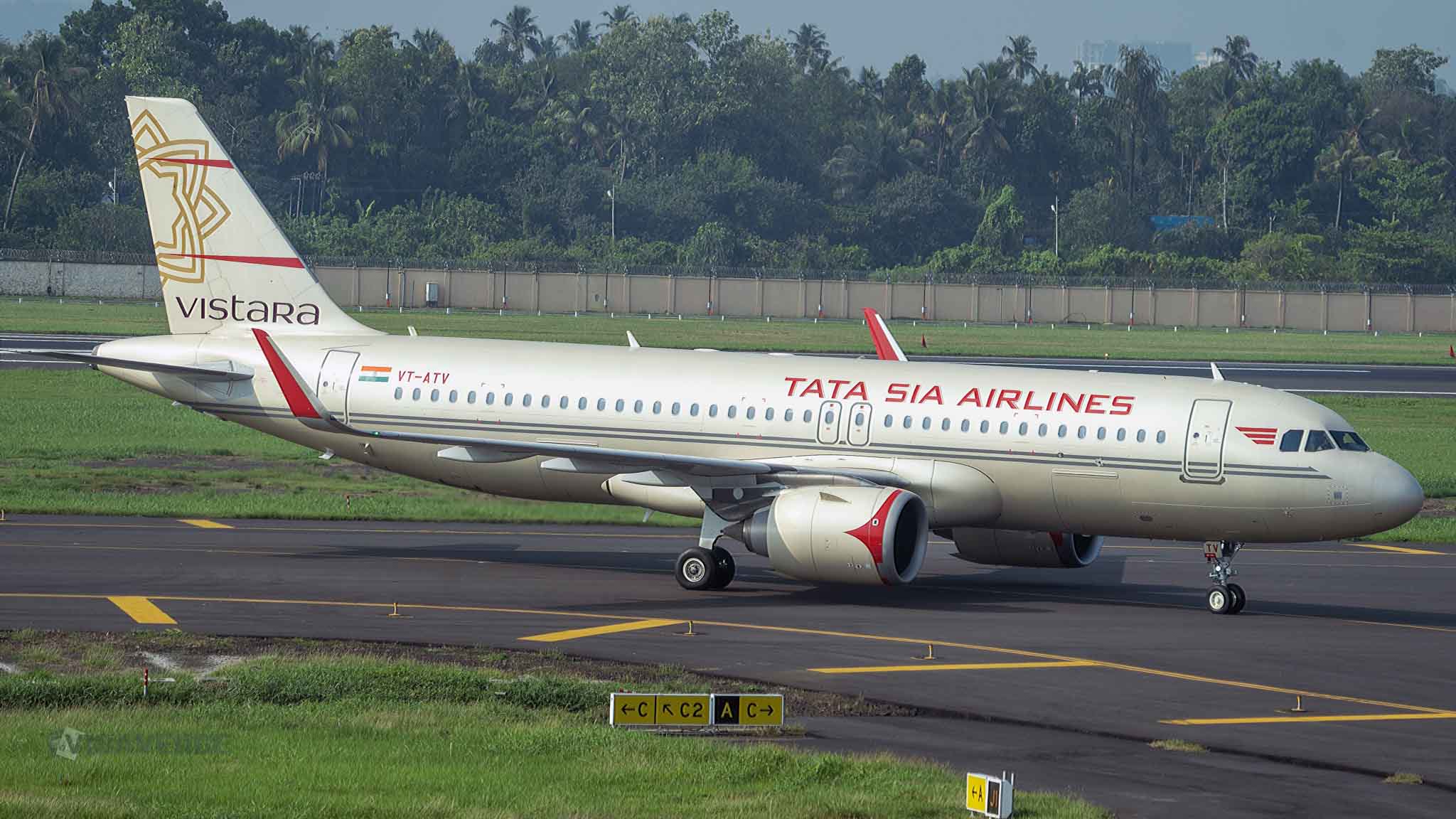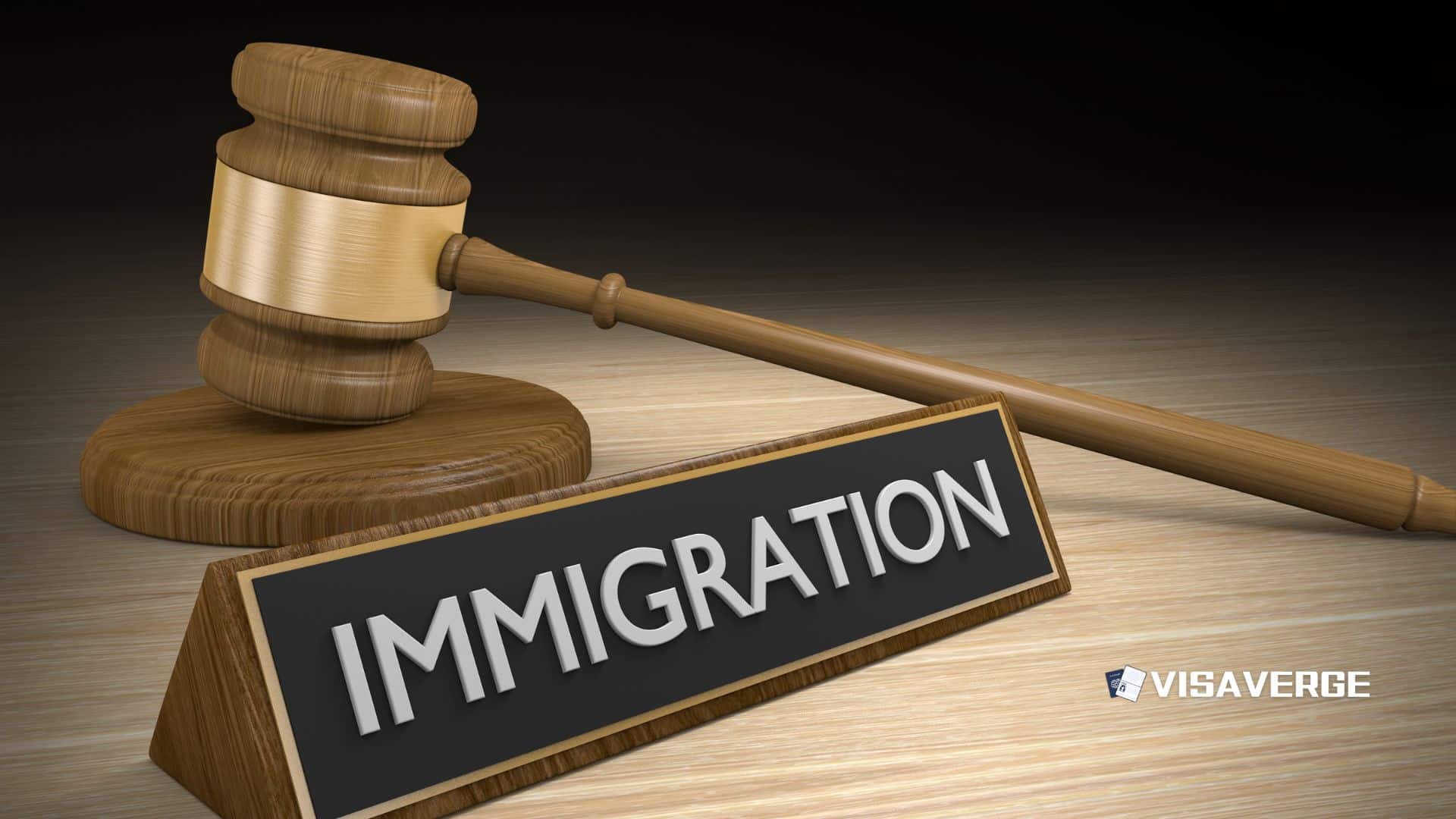(UNITED STATES) Enrollment of Nigerian students and other foreign nationals in universities across the United States 🇺🇸 has dropped by 17% for Fall 2025, a sharp downturn that higher education leaders are directly tying to a sweeping visa crackdown under the Trump administration. The decline, captured in new figures from the Institute of International Education’s Open Doors report and matching data from campus surveys, marks the steepest fall in new international student numbers in recent years.
The drop reverses the slow recovery many colleges had seen after the COVID-19 pandemic, when international enrollment was beginning to climb again. Instead of building on that momentum, institutions now report smaller incoming classes, especially at the graduate level, and a growing sense among overseas applicants that the United States 🇺🇸 has become a far harder place to enter and study.

Key data and overall impact
- The data show that new international student enrollment fell by 17% in Fall 2025 compared with the previous year.
- The decline affects students from many regions, with Nigerian students and others from Africa, Asia, and the Middle East hit hardest.
- A combination of a travel ban covering 19 countries, visa delays, and tighter security checks has left thousands unable to take up offers from American universities.
The latest survey shows 57% of responding colleges saw a decline in new international enrollment this fall, and 96% blamed visa concerns as the main cause. Travel restrictions were cited as a contributing factor by 68% of institutions.
Causes: the visa crackdown and specific measures
University officials and analysts point to a clear pattern: policies from Washington have shifted the climate from cautious welcome to open suspicion. The visa crackdown includes several elements:
- Mass revocations of student visas.
- Tightened visa interview standards at consulates.
- Rules requiring social media checks for many applicants.
- A temporary pause in visa interview scheduling in May 2025, which struck during the main processing season for students hoping to arrive by August.
Consular closures and interview pauses are not unprecedented, but admissions officers say this pause was different in both timing and scope. Many applicants had already received admission letters, secured funding, and in some cases paid deposits when interview slots disappeared from consular booking systems. By the time interviews resumed, embassies and consulates faced backlogs too large to clear before classes began.
A further barrier has been the travel ban covering 19 countries, many in Africa, Asia, and the Middle East, including Nigeria. While exemptions exist on paper, students and advisers report a confusing and uneven process: some Nigerians with admission to well‑known universities received visas after long delays, while others with similar profiles found their applications stuck or refused with little explanation.
Campus and program effects
The result is visible on campuses.
- Universities report emptier classrooms in certain master’s and PhD programs that once relied heavily on talent from places like Lagos, Abuja, Karachi, and Tehran.
- The hit has been particularly severe for graduate programs: new international graduate enrollment dropped by 15%, worrying research‑heavy universities that depend on foreign master’s and doctoral students to staff labs, teach undergraduates, and keep advanced programs running.
- Some institutions, such as DePaul University, reported year‑over‑year declines of more than 60% in new international graduate students.
Undergraduate numbers tell a slightly different story. At some campuses, first‑year international undergraduate enrollment has stayed roughly flat or even ticked up, helped by long‑standing recruitment channels and families willing to invest early. But these small gains do not offset the steep falls at the graduate level, where many Nigerian students and others had hoped to pursue specialized training in fields like engineering, public health, and data science.
Optional Practical Training (OPT)
One area still growing is Optional Practical Training (OPT), the program that lets international graduates work in the United States 🇺🇸 for a limited period after finishing their degrees.
- OPT participation rose by 14%, suggesting many students already in the country are trying to extend their stay rather than risk uncertain returns home and re‑entry later.
- That increase, however, cannot balance the loss of fresh arrivals in Fall 2025 and does little to help universities facing empty seats this year.
Financial consequences
The financial stakes are high.
- International students contributed almost $55 billion to the U.S. economy in 2024, through tuition, housing, food, travel, and other spending.
- Because many pay full tuition, they help subsidize programs and support services that benefit domestic students as well.
When those students stay away or are blocked by policy barriers, the gap shows up quickly in university budgets—especially at mid‑sized institutions that lack large endowments. Campus leaders warn that cuts may follow if trends continue:
- Some have already slowed hiring, frozen travel, or merged low‑enrollment graduate programs.
- Others consider scaling back recruitment in markets seen as high‑risk under current rules, even if demand from those countries remains strong.
For Nigerian students, that could mean fewer scholarship offers and reduced outreach, further narrowing a once‑attractive route to study abroad.
Personal stories and student responses
Behind the statistics are thousands of personal stories. Many Nigerian students for Fall 2025 had secured admission after years of preparation, language tests, and family savings.
- Some received last‑minute emails from consulates canceling their visa interviews.
- Others attended interviews but faced long security checks that pushed decisions past the semester start.
- When flight dates came and went, many had to request deferrals or give up their places altogether.
A growing number have turned to alternatives. Germany, Canada 🇨🇦, and the United Kingdom appear most often in student plans as backup destinations. These countries are seen as offering more predictable visa rules, clearer timelines, and fewer abrupt policy swings.
Education agents in West Africa report a rise in clients asking them to move applications from American universities to schools in Europe or Canada 🇨🇦 after visa problems in the United States 🇺🇸.
University response and student support
University international offices now spend more time explaining U.S. visa rules and less time promoting academic programs. Several have set up special help lines for Nigerian students and others in countries affected by the travel ban, trying to keep them engaged with remote options while they wait.
But many students say the core issue is not support from universities; it is whether they will be allowed to enter the country at all.
Government position and official guidance
The Trump administration has defended its approach as a matter of national security and immigration control, arguing that stricter vetting and social media checks help screen out potential threats. Officials point to the continued availability of student visas in many regions as proof that genuine applicants can still succeed.
Yet the sharp 17% enrollment decline in Fall 2025 suggests that even students who meet academic and financial standards now see U.S. study as a gamble.
For official information on student visas, see the U.S. Department of State’s student visa guidance:
https://travel.state.gov/content/travel/en/us-visas/study.html
Advisers note that printed rules do not always match applicants’ experiences at consulates, where officer discretion and fast‑shifting internal guidance can change outcomes without warning.
Longer‑term implications
As universities tally their Fall 2025 numbers, many worry about longer‑term damage to the global standing of American higher education. The United States 🇺🇸 has long marketed itself as an open destination where talent from Lagos, Mumbai, and beyond can thrive. A sustained visa crackdown undermines that message, and once reputations change, they can be slow to recover.
Competing countries are already stepping in with friendlier visa rules and stronger recruitment drives. If future cohorts of Nigerian students and their peers continue to choose other destinations, the effect will spread beyond admissions offices to research labs, local economies, and the wider image of the country abroad.
The Fall 2025 figures — a 17% drop in new international enrollment — stand as a warning sign: immigration policy, even when framed around security, can reshape classrooms and careers far from the corridors of power where those decisions are made.
This Article in a Nutshell
Fall 2025 brought a sharp 17% decline in new international student enrollment in the U.S., concentrated among Nigerian and other applicants from Africa, Asia and the Middle East. Colleges attribute the slump to a sweeping visa crackdown—mass revocations, social‑media vetting, stricter interviews and a May pause in interview scheduling—creating large consular backlogs. Graduate enrollment fell about 15%, while OPT use rose 14%. The drop strains university budgets, risks research capacity, and pushes students toward Canada, Europe and the U.K.













